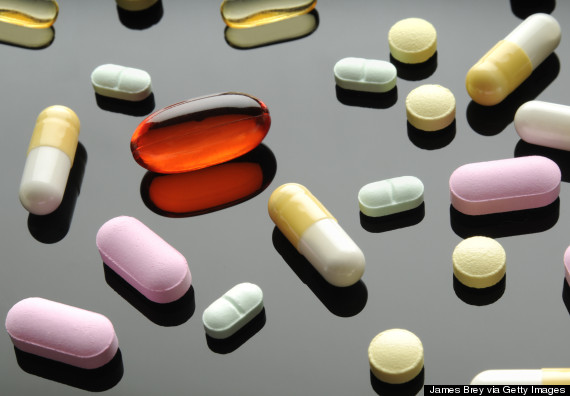
Do you know how often your doctor goes out to eat? Or spends time exercising each week? Or uses complementary or alternative medicine treatments?
A new survey from Medscape is pulling back the curtain on the health, and health habits, of doctors. The survey included 31,399 doctors in the United States, representing 25 different specialties, who were interviewed from Oct. 16 to Dec. 4, 2013. Medscape found:
Doctors working in general surgery are the most likely to be overweight. Just 8 percent of doctors in the survey reported being obese, but 34 percent reported being overweight. Doctors working in general surgery were the most likely to report being overweight, followed by family medicine, gastroenterology, critical care and pulmonary medicine. Doctors working in dermatology were the least likely to report being overweight, followed by ophthalmology, plastic surgery and allergy/clinical immunology. And male doctors were more likely to be overweight than female doctors, the survey showed.
Overweight doctors are more likely to consume a typical American diet.
While 62 percent of doctors who were normal or underweight reported eating a healthy diet rich in fruits and vegetables, the survey revealed that 44 percent of heavier doctors eat a diet high in carbs, meat and fat, or "on the go" meals. Just 16 percent of doctors who were considered overweight or obese were on a diet meant to help them lose weight or restrict calories.
Doctors often eat out. More than 50 percent of overweight or obese doctors, and more than 45 percent of normal weight or underweight doctors, eat out weekly. They mostly eat out at "middle-level local restaurants" (70 percent), though more than 15 percent of overweight and obese doctors and a little more than 10 percent of normal weight and underweight doctors copped to eating fast food.
Supplement use is common among doctors. 
More than 60 percent of doctors age 46 and older, and nearly 50 percent of doctors age 45 and younger, take a form of dietary supplement. The most common supplement is a multivitamin, followed by vitamin D, calcium, omega-3 fatty acids and antioxidants.
More than one-third of doctors receive treatment with alternative or complementary medicine. Back pain, joint pain, neck pain and arthritis are the most common reasons doctors receive alternative medicine. The most common treatments: massage, acupuncture, and chiropractic or osteopathic manipulation.
Anesthesiologists take the most vacation time.
About half of anesthesiologists and radiologists say that they take more than four weeks of vacation. Meanwhile, 30 percent of pathologists and a little more than 25 percent of cardiologists say they take that much vacation. Physicians working in diabetes and endocrinology are the least likely to take that much vacation, with just a little more than 10 percent saying they take more than four weeks off a year.
Doctors are happy at home. More than 60 percent of doctors said that they were very or extremely happy at home. Meanwhile, about 40 percent of them said they were very or extremely happy at work. Ophthalmologists and dermatologists were the most likely to report being happiest at home, while doctors working in critical care and HIV/infectious diseases were the least likely to report being happiest at home. Dermatologists were also the most likely of all the specialties to be happiest at work.
Doctors are pretty good about exercising. 
Seventy-two percent of normal weight doctors exercise at least twice a week, while a little more than 60 percent of underweight doctors, about 58 percent of overweight doctors and nearly 40 percent of obese doctors reported exercising with the same frequency.
They also don't drink that much alcohol. Nearly 50 percent of doctors said they drink fewer than one alcoholic beverage each week, and 34 percent of female doctors and 27 percent of male doctors said they don't drink at all.
Most doctors in the survey have married -- and only once. Nearly 70 percent of male doctors and a little more than 60 percent of female doctors are in their first marriage; nearly 15 percent of male doctors and nearly 10 percent of female doctors have remarried. Meanwhile, about 5 percent of male doctors and a little more than 10 percent of female doctors have never married before and are living alone, while less than 10 percent of doctors have divorced and live alone.